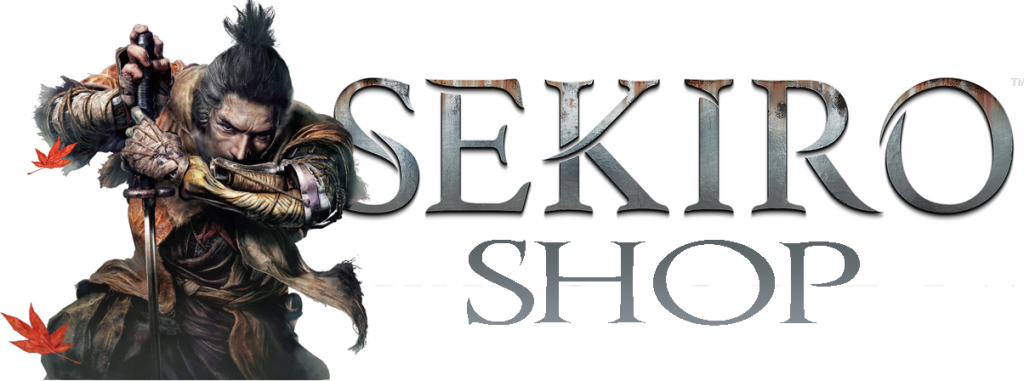FromSoftware, the developer renowned for its Souls series and Bloodborne, introduced Sekiro: Shadows Die Twice in 2019. The game received widespread acclaim for its intense difficulty, innovative combat system, and immersive world-building. However, despite the praise, there are several arguments that Sekiro might be overrated. This perspective is not to undermine the game’s quality but to provide a balanced critique. Here’s a detailed analysis of why Sekiro: Shadows Die Twice might not be the masterpiece it’s often hailed as.
Lack of RPG Elements
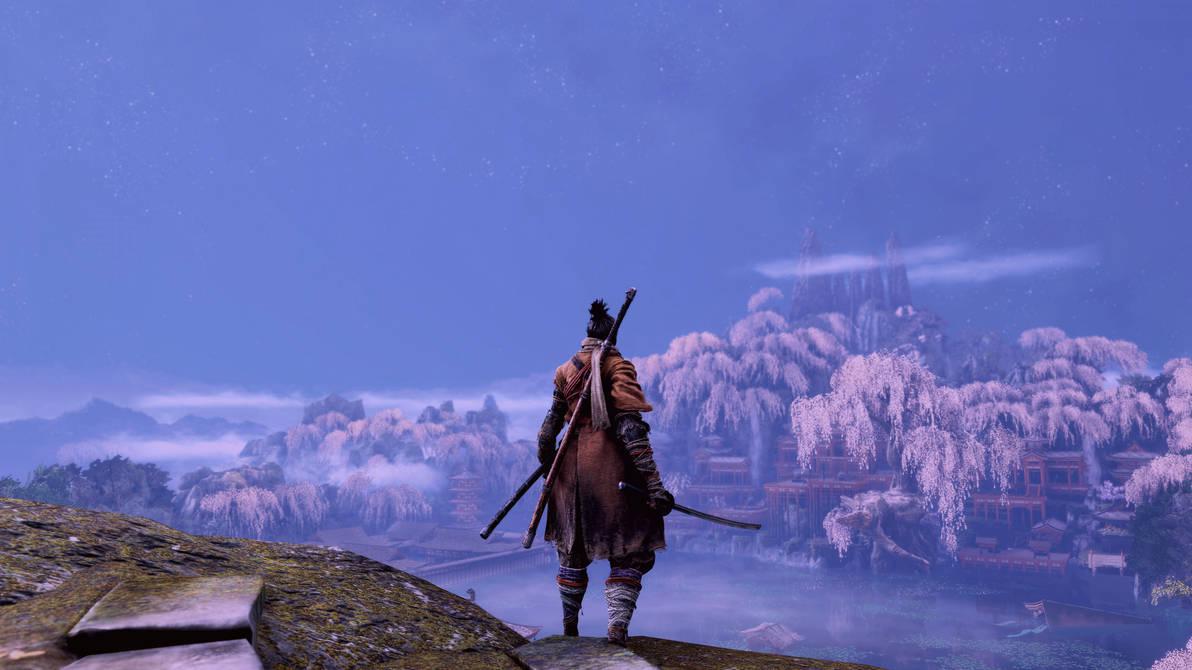
One of the significant departures in Sekiro from other FromSoftware titles is the absence of traditional RPG elements. Games like Dark Souls and Bloodborne are lauded for their deep customization options, allowing players to tailor their characters with various builds, weapons, and spells. Sekiro, in contrast, offers a fixed protagonist, Wolf, with limited customization options. This rigid structure can feel restrictive to players who enjoy the freedom and variety that RPG elements provide. The fixed combat style can become repetitive, limiting the game’s replayability compared to its predecessors.
Steep Learning Curve
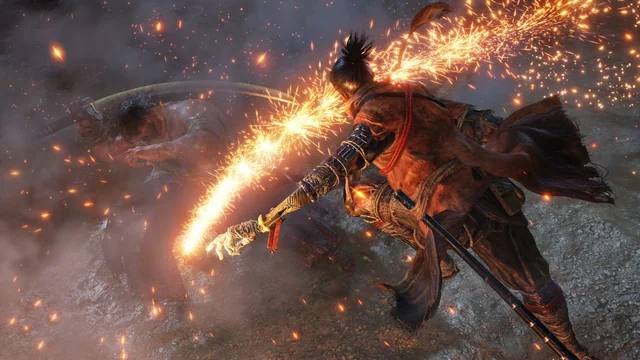
While difficulty is a hallmark of FromSoftware games, Sekiro’s steep learning curve is often cited as excessively punishing. The game demands precise timing and mastery of its unique combat system, which can be frustrating for many players. Unlike the Souls series, where different playstyles and strategies can lead to success, Sekiro’s combat is heavily reliant on parrying and counter-attacks. This narrow focus can alienate players who struggle to adapt to this rigid style, leading to a sense of frustration rather than accomplishment.
Limited Build Variety
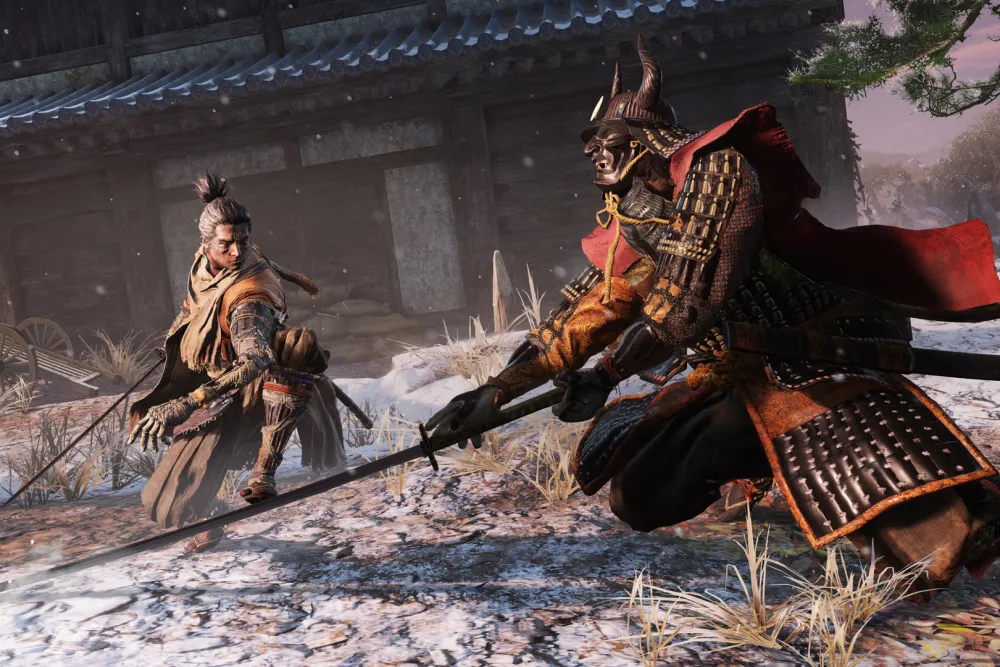
In Sekiro, the absence of diverse character builds is a notable drawback. In games like Dark Souls, players can experiment with various builds, such as magic-focused, strength-based, or dexterity-based characters. This variety ensures that each playthrough can feel fresh and different. Sekiro, however, offers limited options in terms of character development. The progression system is more linear, with skill trees providing minor enhancements rather than transformative abilities. This lack of variety can diminish the game’s long-term appeal.
Story and Narrative
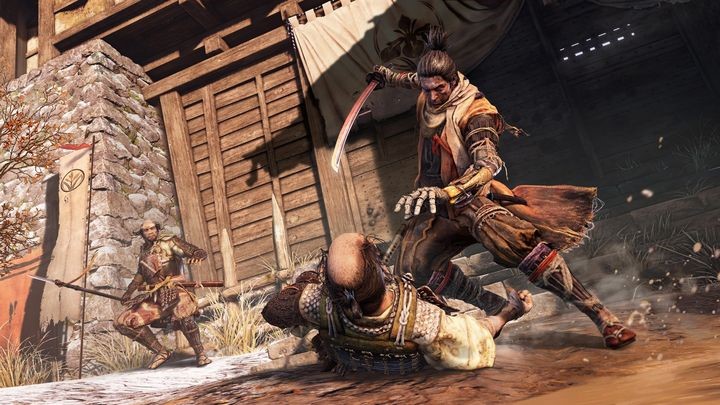
While Sekiro’s story is more straightforward and accessible than other FromSoftware games, it lacks the deep, intricate lore that fans have come to love. Games like Dark Souls and Bloodborne are praised for their cryptic narratives and environmental storytelling, encouraging players to piece together the story through item descriptions and world exploration. Sekiro, with its more direct approach to storytelling, can feel less rewarding for those who enjoy the mystery and depth of FromSoftware’s previous titles. The narrative, while engaging, doesn’t quite reach the same level of complexity and intrigue.
Repetitive Boss Fights
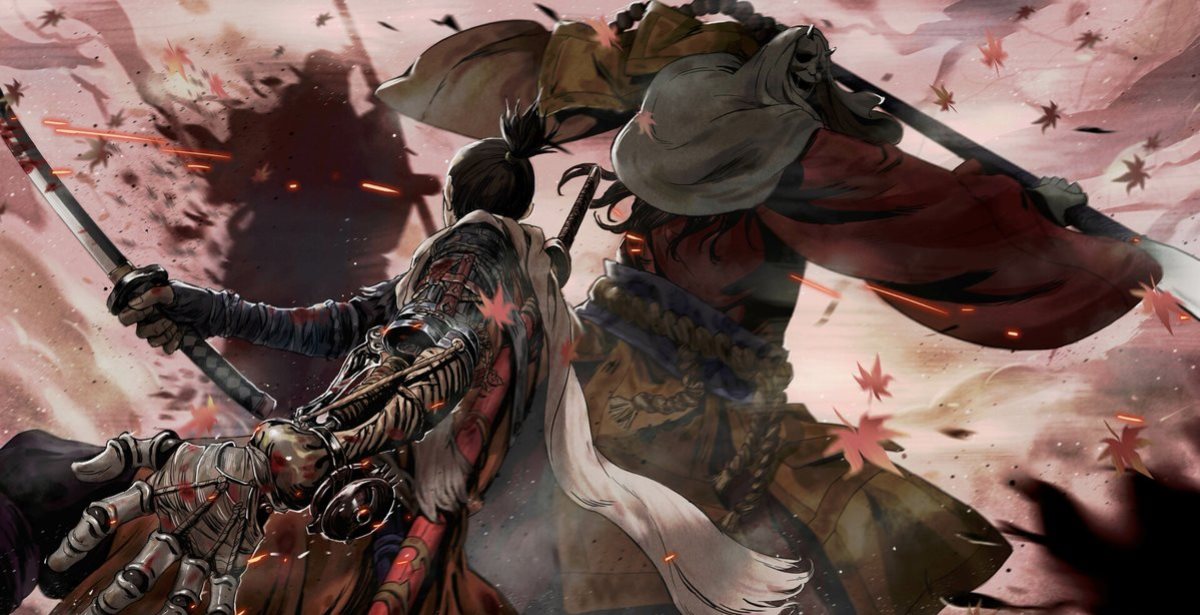
Sekiro is renowned for its challenging boss fights, but some players argue that the difficulty can feel artificially inflated. Many boss encounters require near-perfect execution of the game’s mechanics, leaving little room for error. This can lead to repetitive and frustrating gameplay, as players must often retry fights numerous times to learn the precise patterns and timings. Additionally, some mini-bosses are reused throughout the game, which can make encounters feel less unique and more like a test of endurance than a genuine challenge.
Environmental Exploration
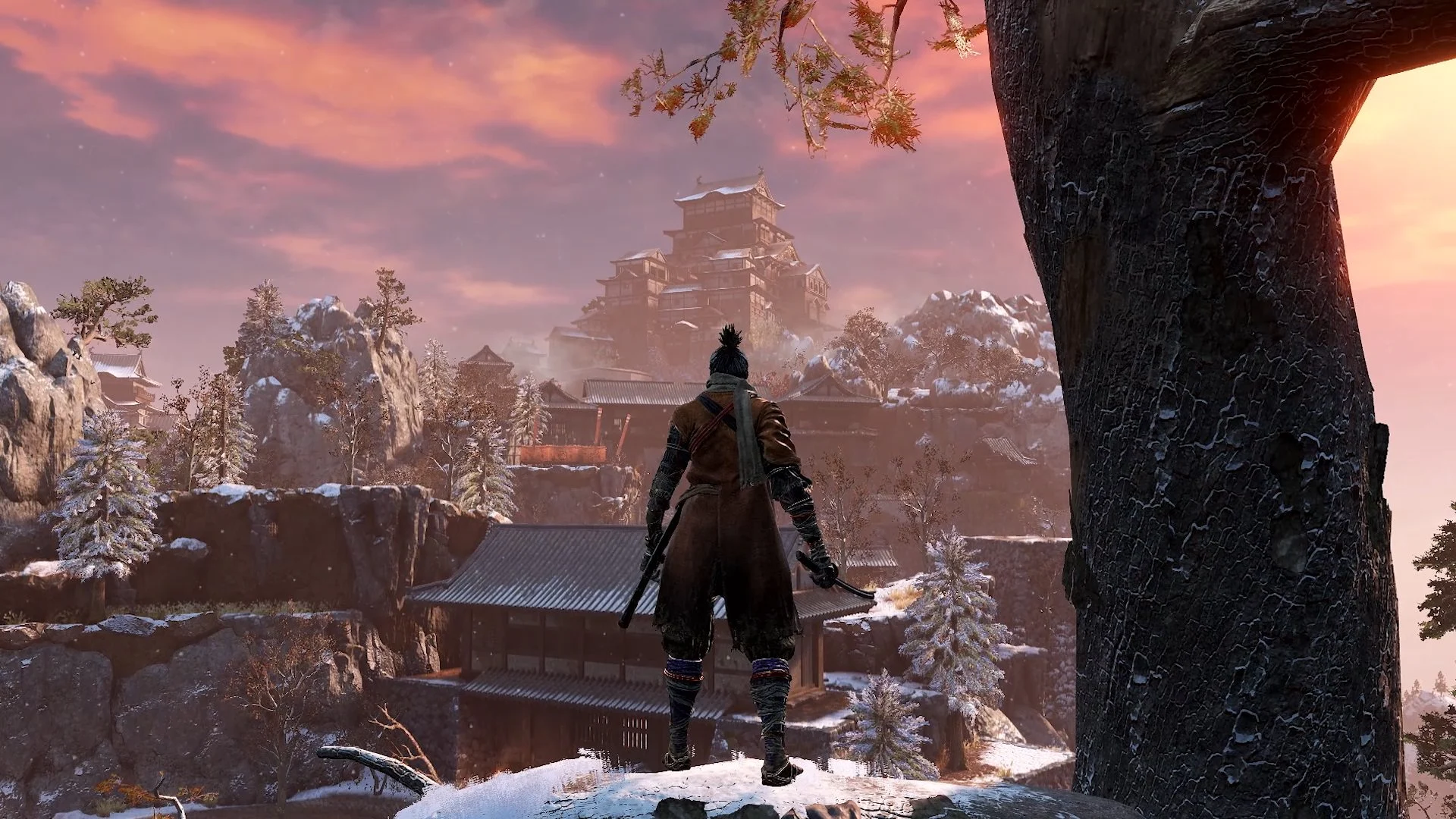
The world design in Sekiro, while beautiful and intricate, is more constrained compared to the sprawling, interconnected environments of Dark Souls and Bloodborne. The game’s areas are more linear, with fewer branching paths and hidden secrets. This can make exploration feel less rewarding and reduce the sense of discovery that is a hallmark of FromSoftware games. The limited exploration options can make the game feel more linear and less immersive compared to its predecessors.
Sekiro Artificial Difficulty
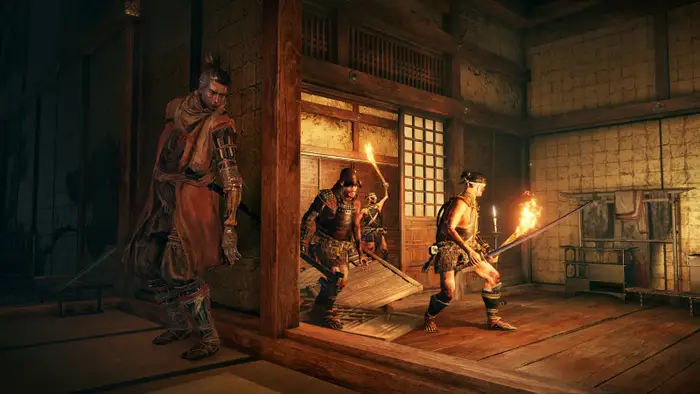
Sekiro’s difficulty is often described as “artificially inflated.” While challenging games can be rewarding, Sekiro sometimes crosses the line into unfair territory. The precision required in combat, combined with the limited healing options and punishing enemy attacks, can feel overwhelming. This can lead to a sense of frustration rather than accomplishment, as players feel that they are battling the game’s mechanics rather than the enemies themselves. The lack of difficulty options can also alienate casual players, making the game less accessible to a broader audience.
Sekiro: Shadows Die Twice is undeniably a well-crafted game with many strengths. Its unique combat system, atmospheric world, and compelling narrative are commendable. However, it’s essential to recognize the aspects where it falls short. The lack of RPG elements, steep learning curve, limited build variety, and repetitive boss fights are legitimate criticisms that contribute to the perception of Sekiro as an overrated title. While it remains a significant achievement for FromSoftware, it’s not without its flaws. Understanding these critiques can provide a more balanced perspective on why Sekiro: Shadows Die Twice might not be the flawless masterpiece it’s often portrayed to be. If you are a fan of the game Sekiro, you can buy Sekiro merch & Gifts at Sekiro Shop.
